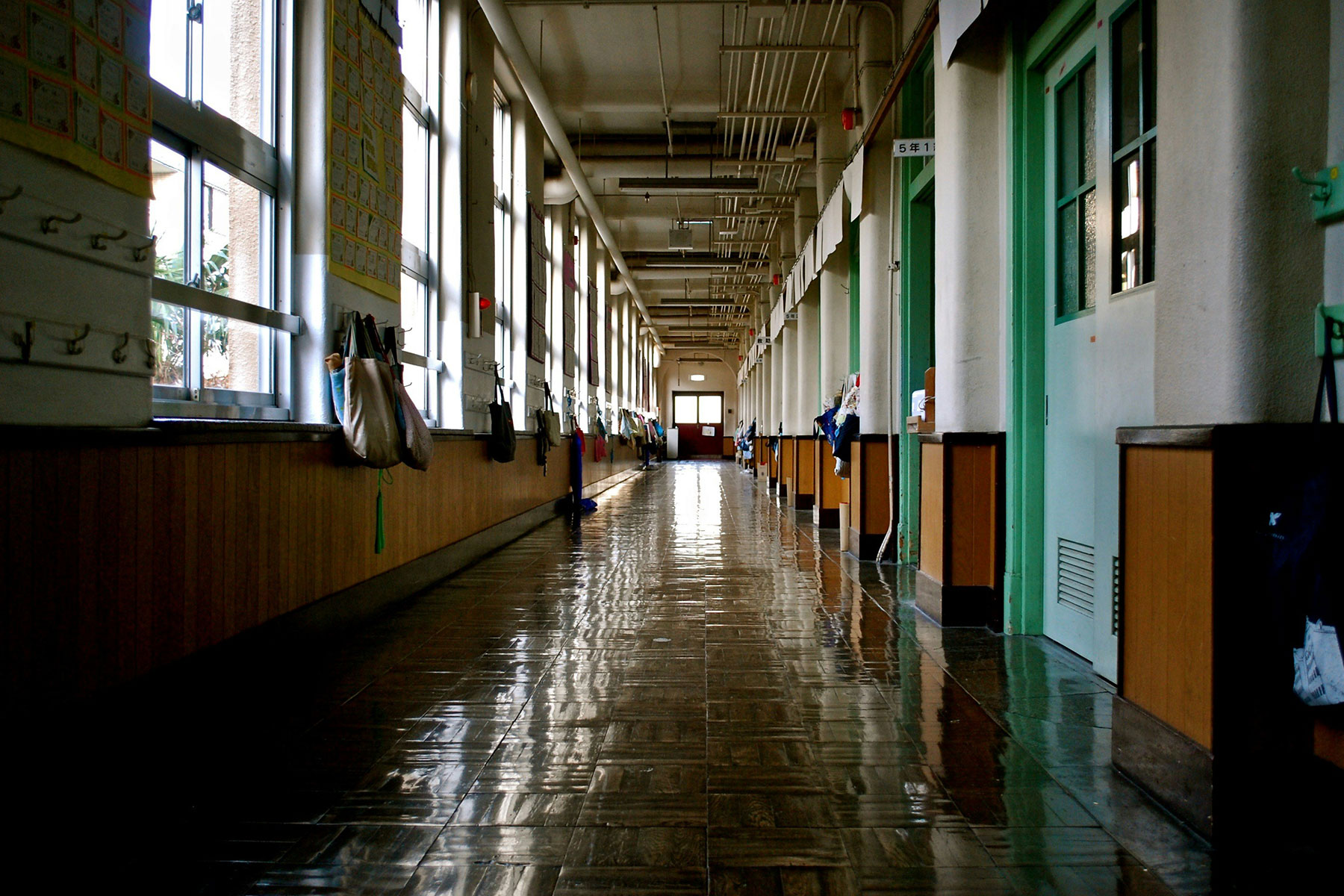
By The National Child Traumatic Stress Network
The recent shooting has been an extremely frightening experience, and the days, weeks, and months
following can be very stressful. Your children and family will recover over time, especially with the
support of relatives, friends, and community. But families and youth may have had different
experiences during and after the shooting, including those who may experienced physical injury,
involvement in police investigation, worry about the safety of family members and friends, and loss of
loved ones. How long it takes to recover will depend on what happened to you and your family during
and after this event. Some adults and children have been seriously injured and will require medical
treatment and long-term rehabilitation. Over time, some youth and adults will return to normal
routines, while others may struggle. Children and teens may react differently to the shooting
depending on their age and prior experiences. Expect that youth may respond in different ways, and
be supportive and understanding of different reactions, even when you are having your own reactions
and difficulties.
Share This Post!
Addressing The Link Between Trauma And Addiction
By National Governors Association Many Americans have experienced traumatic events, toxic stress, and other types of adversity in childhood. However, repeated exposure to trauma and adversity in childhood predicts a variety [...]
The Health Benefits of Volunteerism
By Eric Burger It’s a simple fact that every nonprofit organization knows: volunteering makes you feel better. But did you know that the anecdotal stories about volunteering health benefits have been [...]
Checklist: Creating Safe Spaces for Youth
By Mental Health America Now more than ever, young people need an environment where they feel seen, heard, and valued. [...] Creating connection starts with you, so allow youth to get [...]
What is Childhood Trauma: Trauma Types
By The National Child Traumatic Stress Network When a child feels intensely threatened by an event he or she is involved in or witnesses, we call that event a trauma. There [...]
Racial Trauma
By Mental Health America Racial trauma, or race-based traumatic stress (RBTS), refers to the mental and emotional injury caused by encounters with racial bias and ethnic discrimination, racism, and hate crimes. Any [...]
For Children With a Disability, a Higher Risk of Trauma
By Steven Ross Johnson, US News Research released Wednesday by the Centers for Disease Control and Prevention shows a larger share of children with disabilities between 5 and 17 years of age [...]







